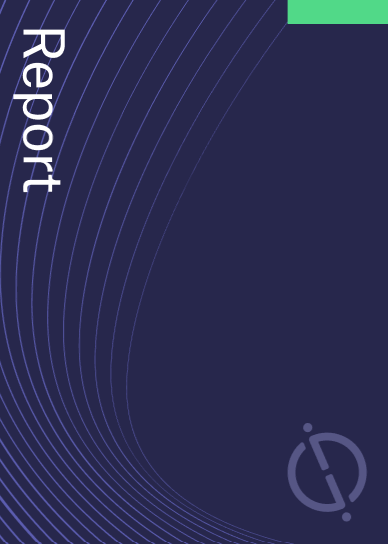Nestle has filed a patent for a method to improve cognitive functioning, memory, and language skills in individuals, particularly those with mild cognitive impairment (MCI). The method involves administering a composition containing medium chain triglycerides (MCTs) with a daily dosage of 15g to 45g, where MCTs consist of 51% to 90% octanoic acid. The patent aims to enhance cognitive abilities through this specific formulation. GlobalData’s report on Nestle gives a 360-degree view of the company including its patenting strategy. Buy the report here.
According to GlobalData’s company profile on Nestle, nanoemulsion cosmetics was a key innovation area identified from patents. Nestle's grant share as of September 2023 was 52%. Grant share is based on the ratio of number of grants to total number of patents.
Improving cognitive functioning using medium chain triglycerides (mcts)
A recently filed patent (Publication Number: US20230310360A1) describes a method for improving cognitive functioning in individuals. The method involves administering a composition containing medium chain triglycerides (MCTs) to the individual in a daily dosage ranging from about 15 g to about 45 g. The MCTs in the composition should comprise from about 51 wt % to about 90 wt % of octanoic acid.
The patent claims that this method can support memory and recall, prevent and/or treat mild cognitive impairment (MCI), and improve cognitive functions such as episodic memory, executive function, and language skills. The daily dosage can consist of at least two servings, with each serving containing about 15 g of MCTs. Alternatively, the daily dosage can consist of three servings, each containing about 15 g of MCTs.
The patent also mentions that the composition can be administered to individuals aged 65 years or older, individuals with mild cognitive impairment (MCI), or individuals suffering from deficits in memory, impaired thinking skills, depression, or anxiety. Additionally, the method can be used for individuals with various conditions including epilepsy, neurological diseases, neurodegenerative diseases, heart failure, obesity, diabetes, liver diseases, cancer, brain energy deficiency conditions, migraines, memory disorders, brain injuries, strokes, and psychiatric disorders such as bipolar disorder and schizophrenia.
The composition can be in various forms such as beverages, mayonnaise, salad dressing, margarine, dairy products, cheese, ice cream, bakery products, confectionery products, and more. The patent also mentions that the composition can include other ingredients such as carbohydrates and lipids, in specific weight ratios relative to the MCTs.
Overall, this patent describes a method for improving cognitive functioning by administering a composition containing MCTs, specifically octanoic acid, to individuals. The method has potential applications in supporting memory and recall, preventing and treating mild cognitive impairment, and improving cognitive functions in various populations. The composition can be consumed in different forms and may include additional ingredients to enhance its effects.
To know more about GlobalData’s detailed insights on Nestle, buy the report here.
Data Insights
From

The gold standard of business intelligence.
Blending expert knowledge with cutting-edge technology, GlobalData’s unrivalled proprietary data will enable you to decode what’s happening in your market. You can make better informed decisions and gain a future-proof advantage over your competitors.



